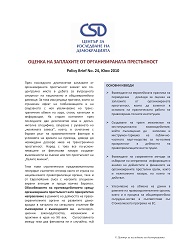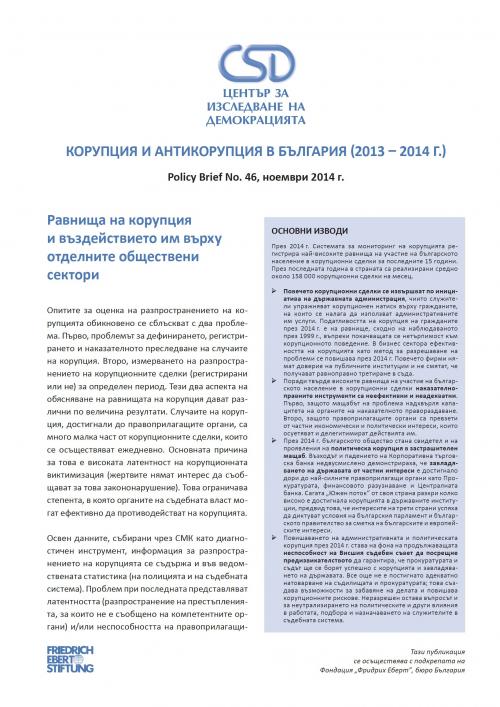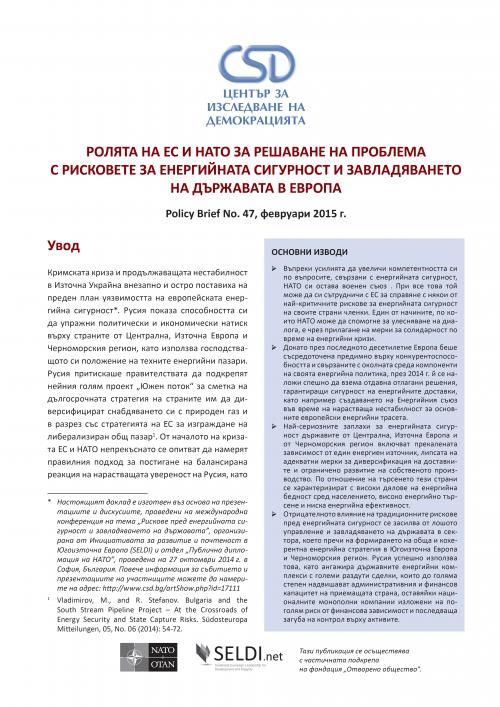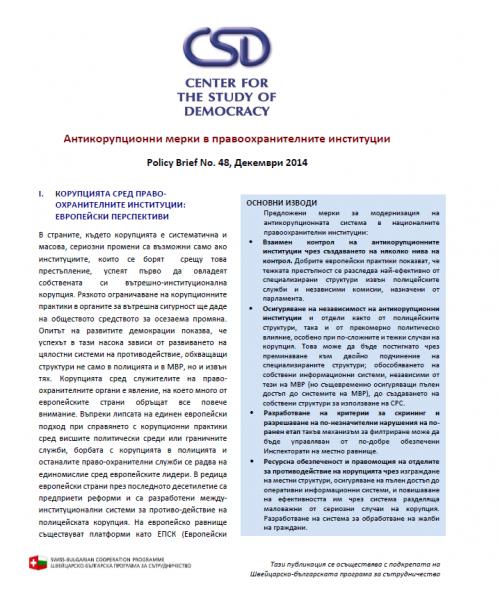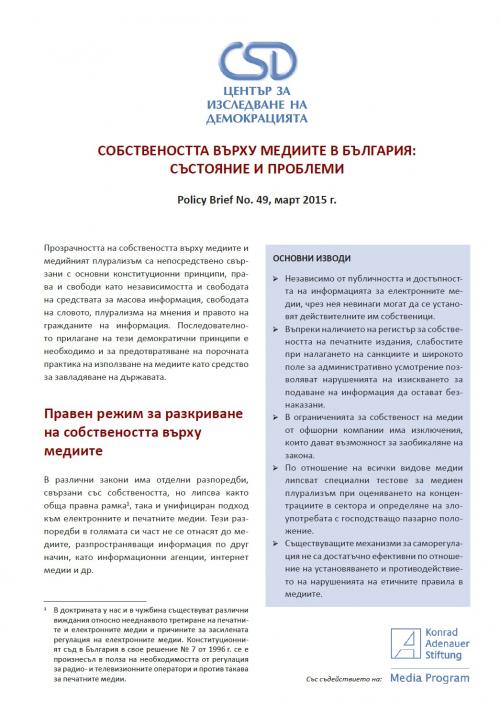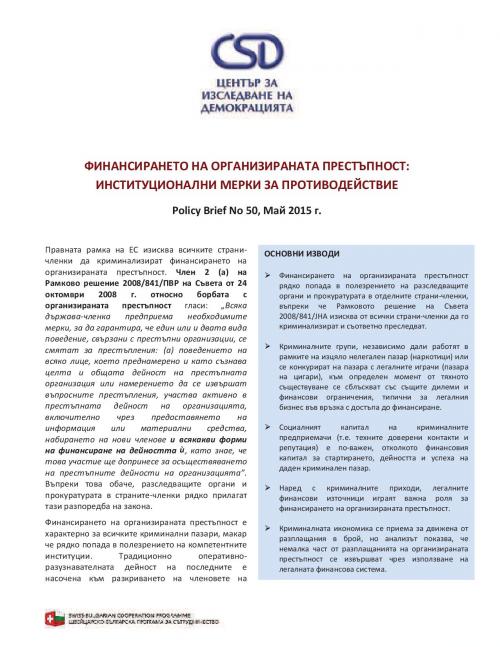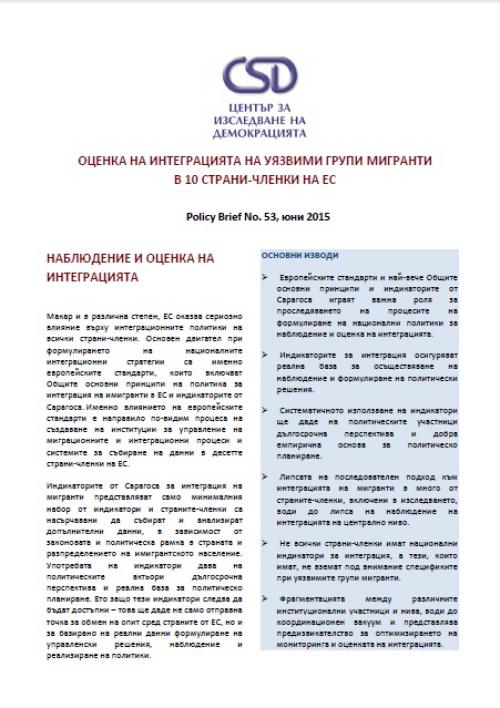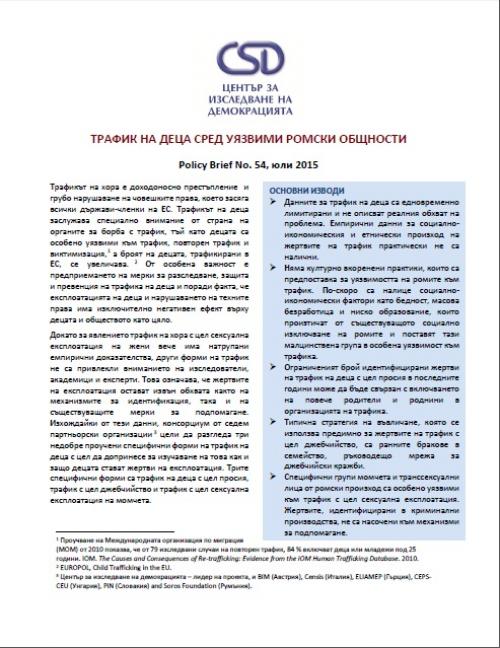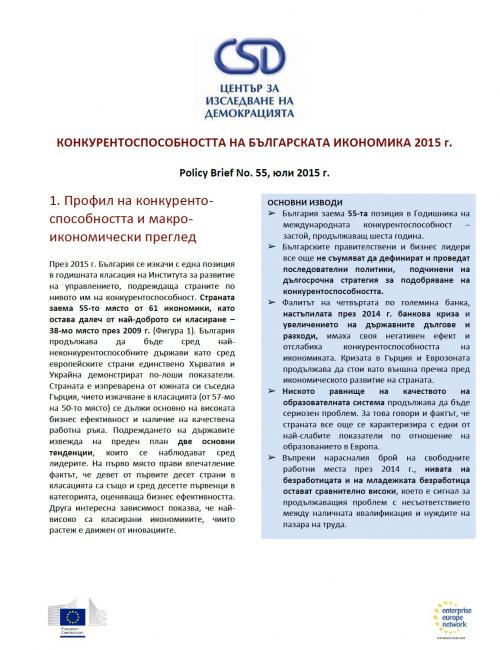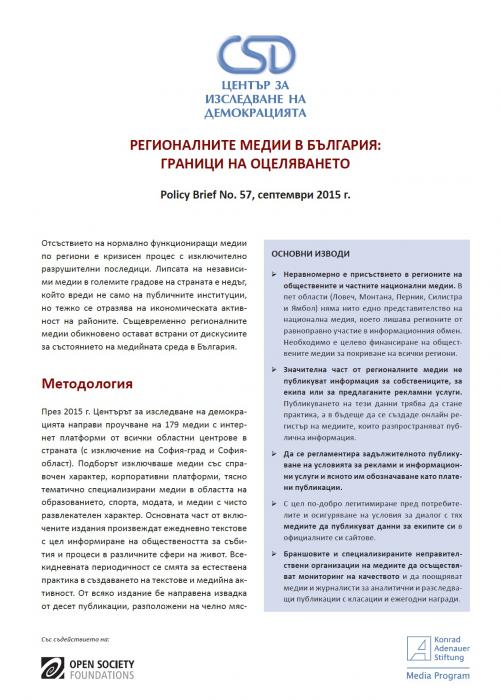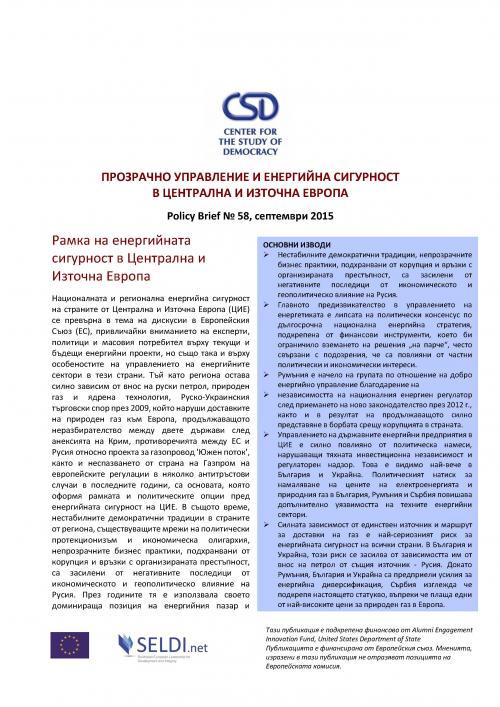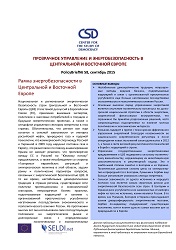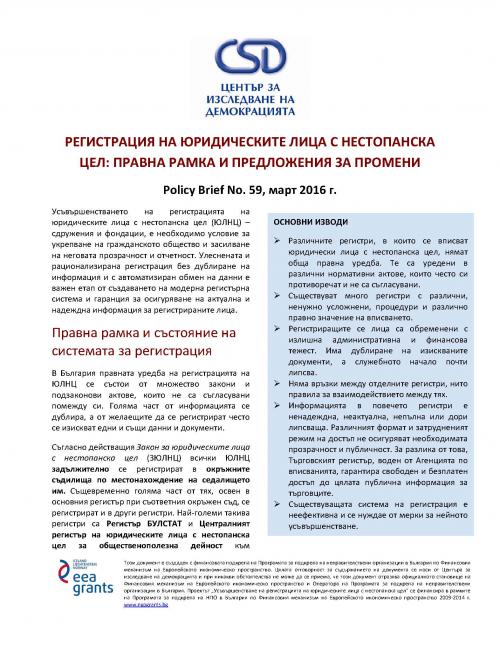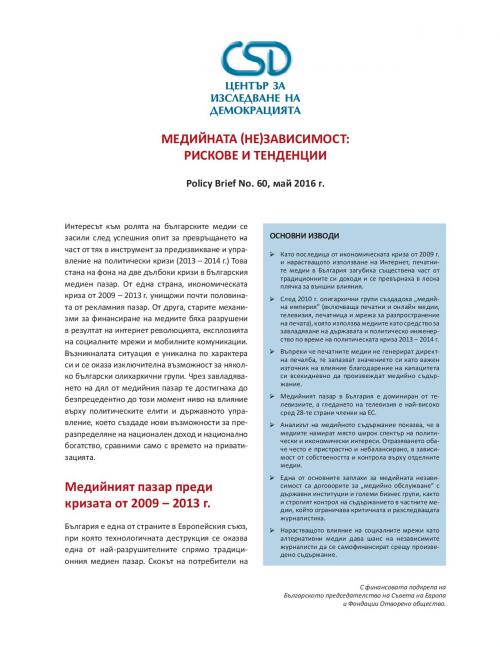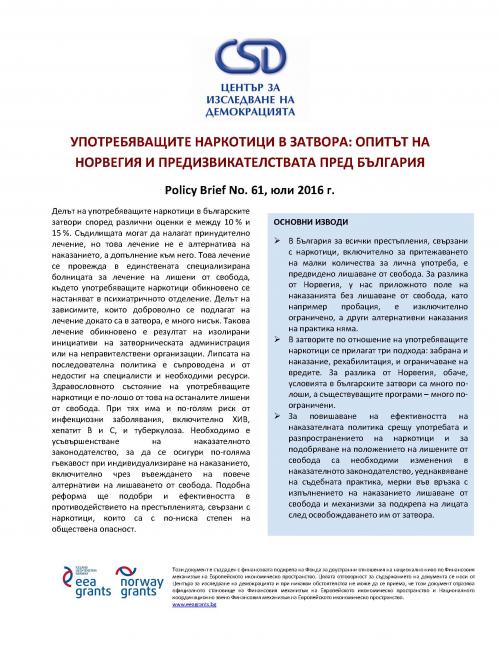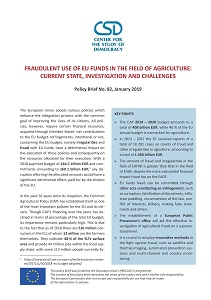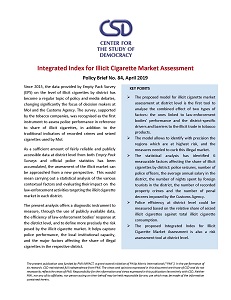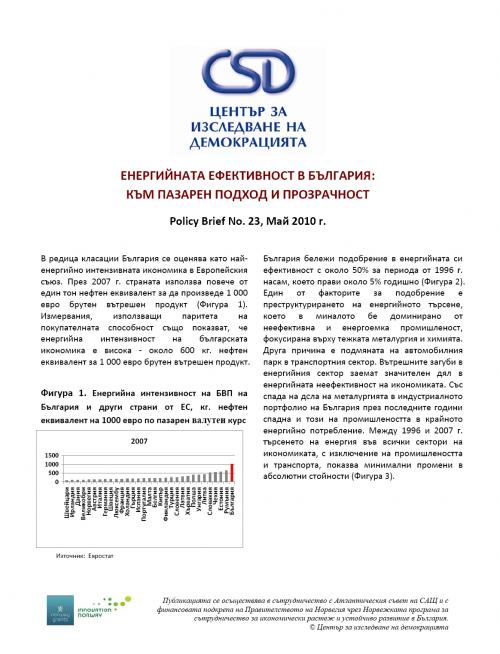
CSD Policy Brief № 23: Energy Efficiency in Bulgaria: The Case for Market-Based Approach and Transparency
Политически брифинг № 23 на CSD: Енергийната ефективност в България: към пазарен подход и прозрачност
Measured by using market currency exchange rates, Bulgaria has consistently ranked as the most energy intensive economy in the EU: in 2007, it used over a ton of oil equivalent to produce 1,000 Euro worth of gross product. Measured by using purchasing power parity, Bulgaria’s energy intensity is still dismal, around 600 kg of oil equivalent per 1,000 Euro of product. Even though still negligible by any standard, Bulgaria’s energy efficiency has actually improved by about 50% since 1996 and has been on an uninterrupted path to a change for the better by about 5% per year. Overall, the Bulgarian economy seems to have completed the transition from heavy industry to less energy intensive light industry and thus already picked the low hanging fruit of natural gains in efficiency. The country is probably at a point, as some experts argue, from which onwards any additional gain in efficiency will have to be attained through advances in technologies of energy production, conversion, transportation, and use which will call for cost-effective approach and a strong incentive system.
More...
